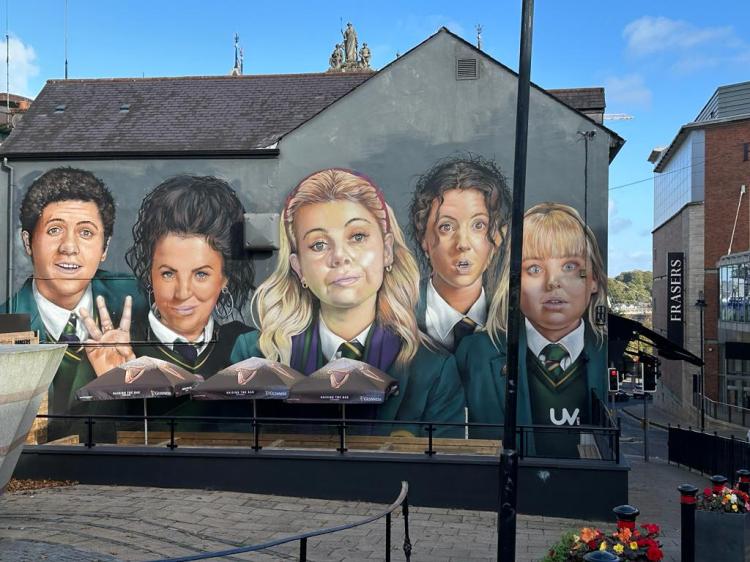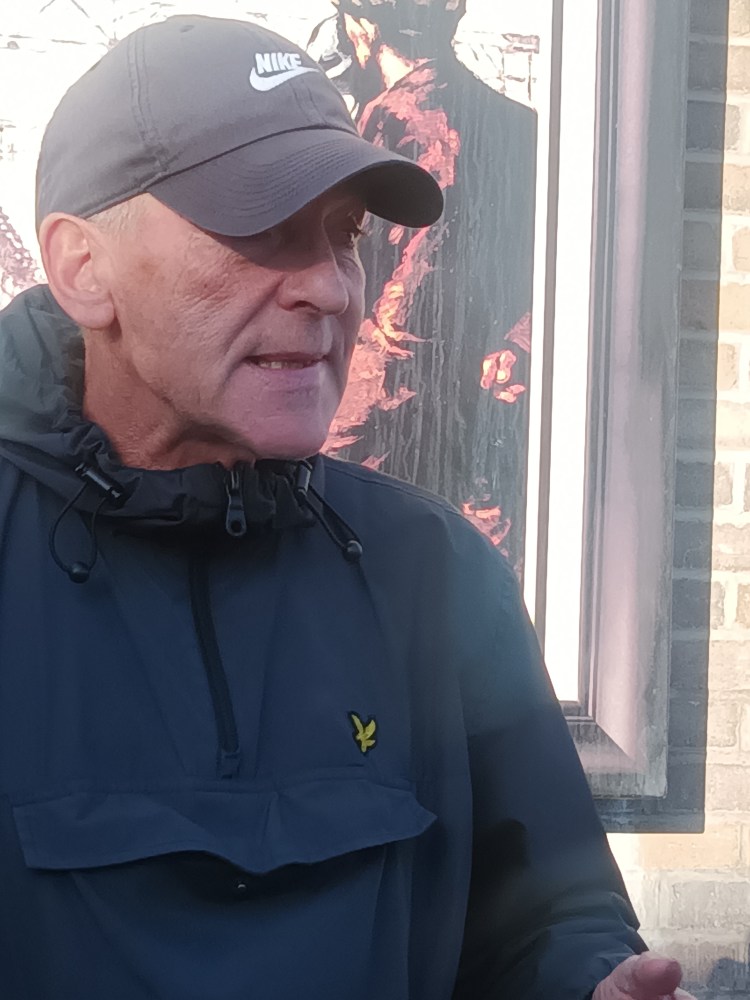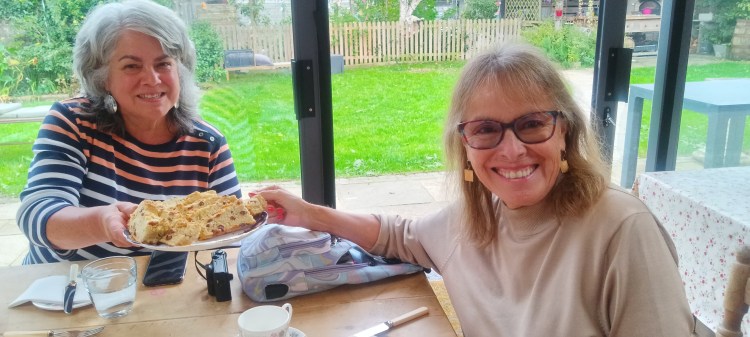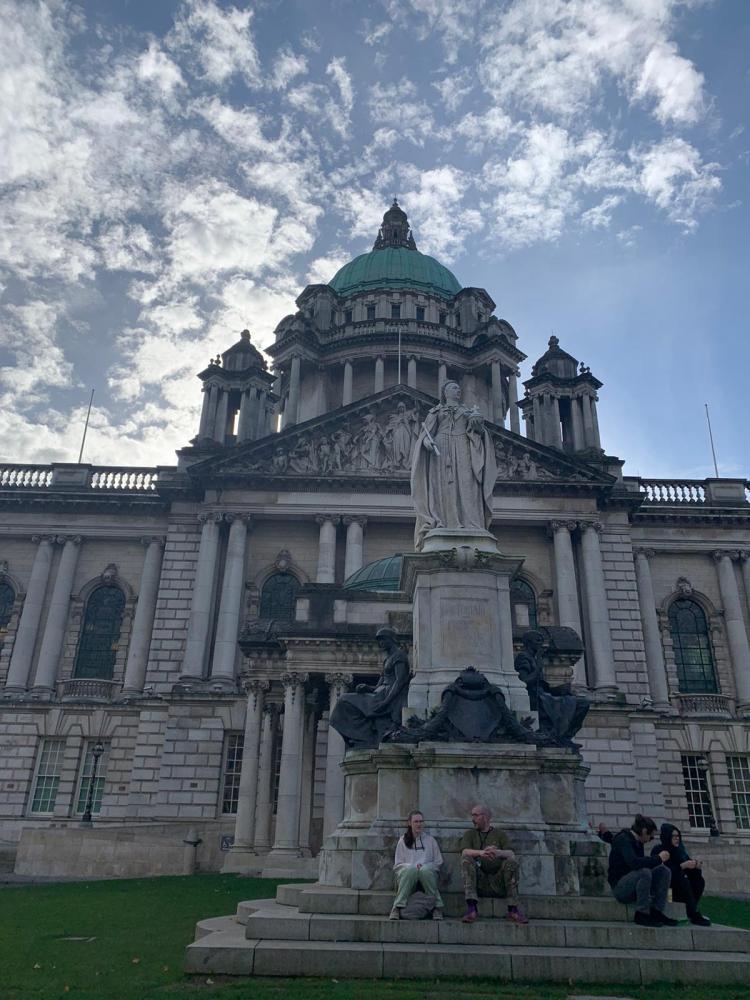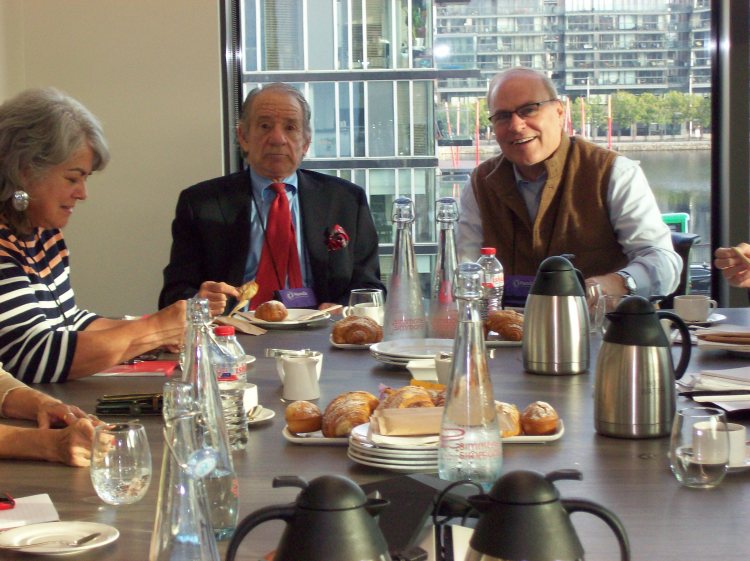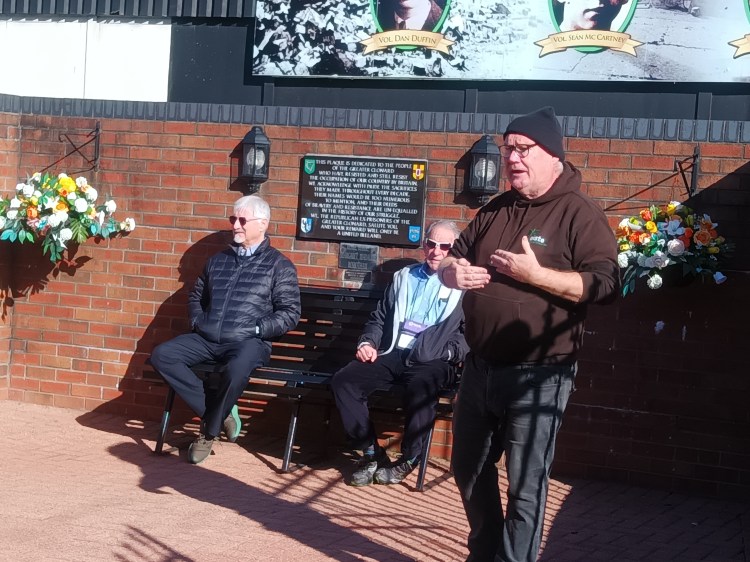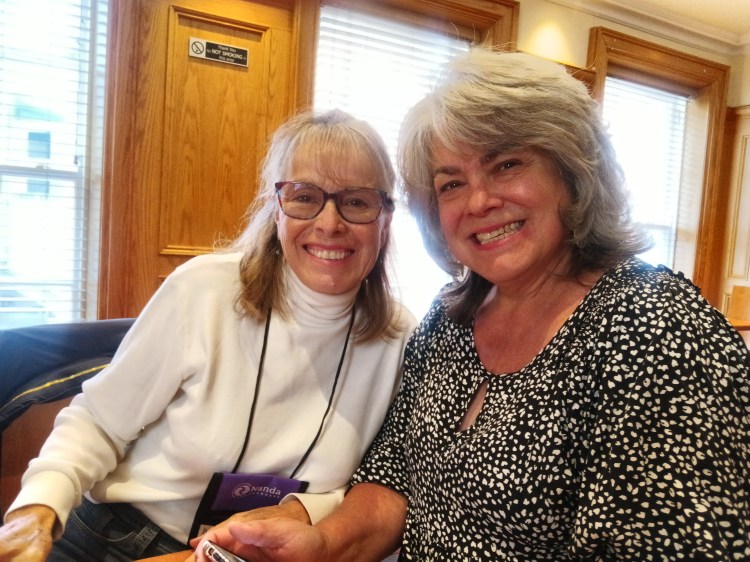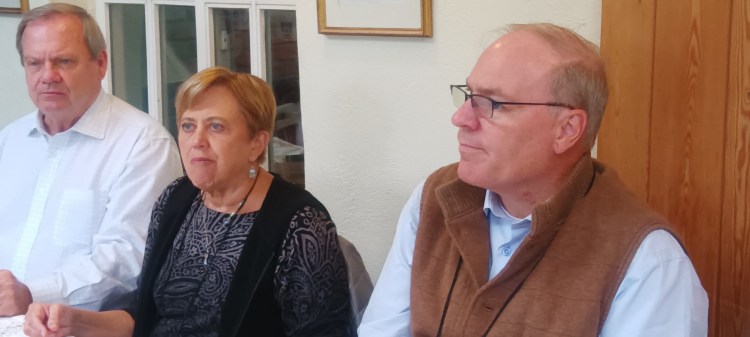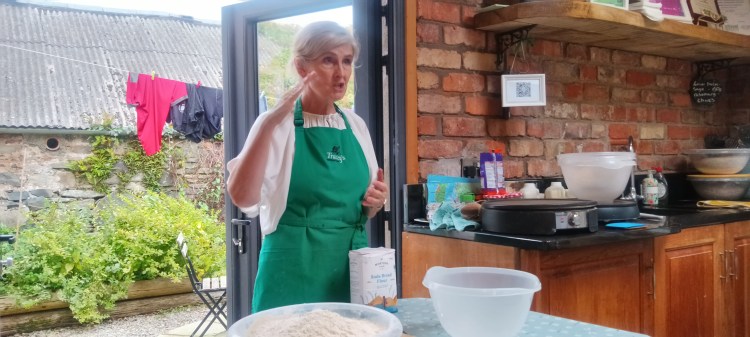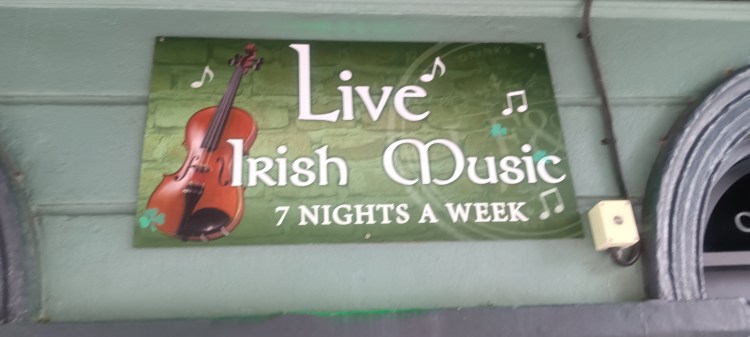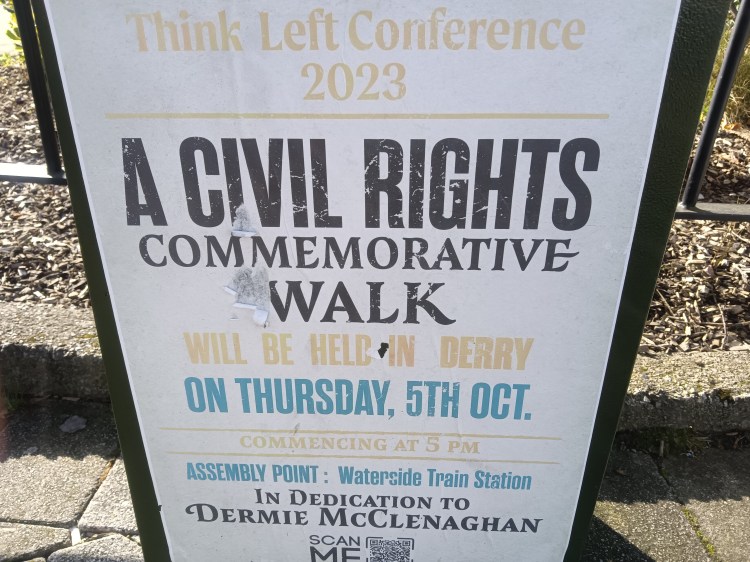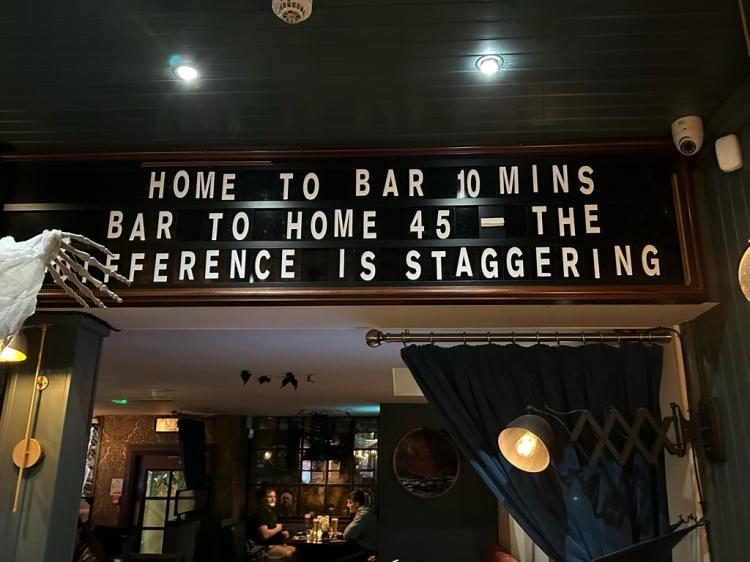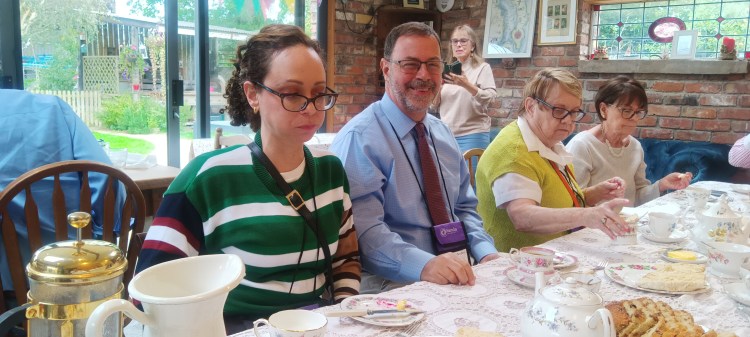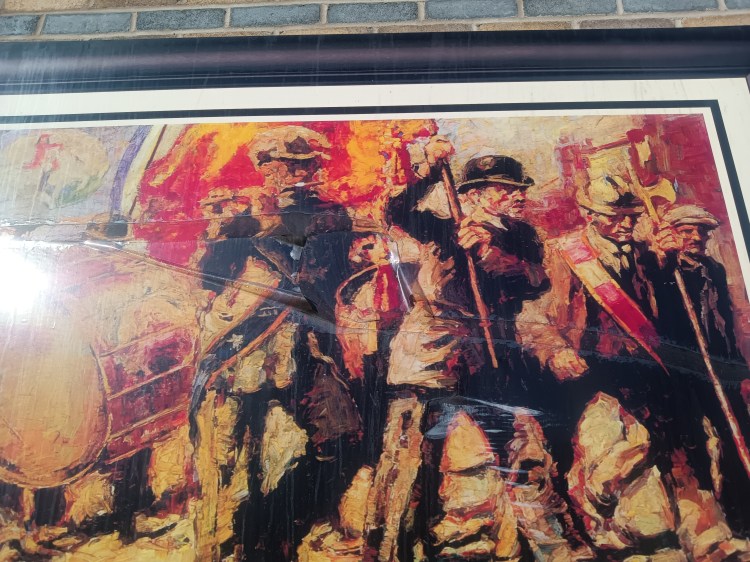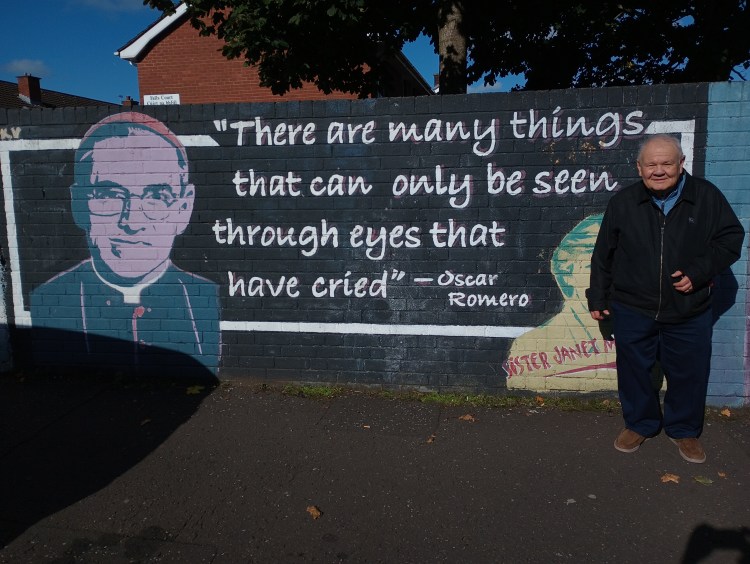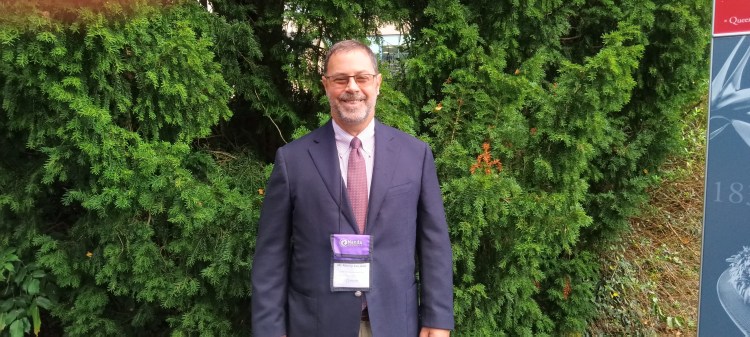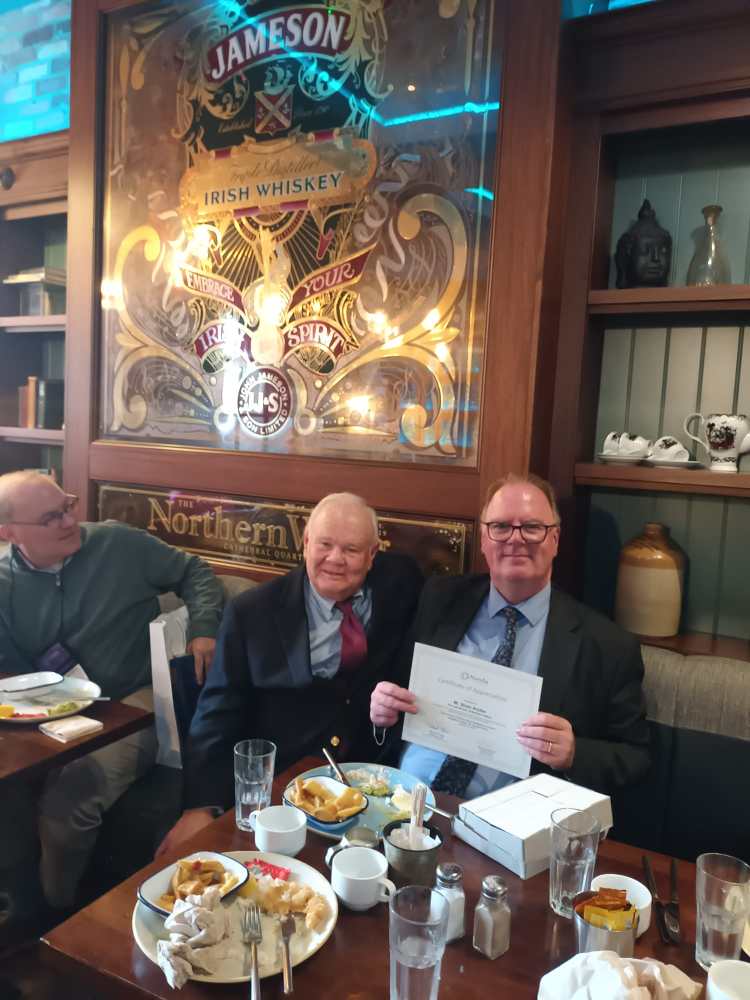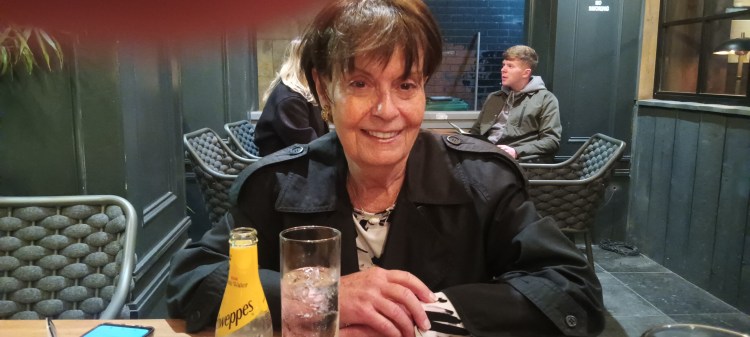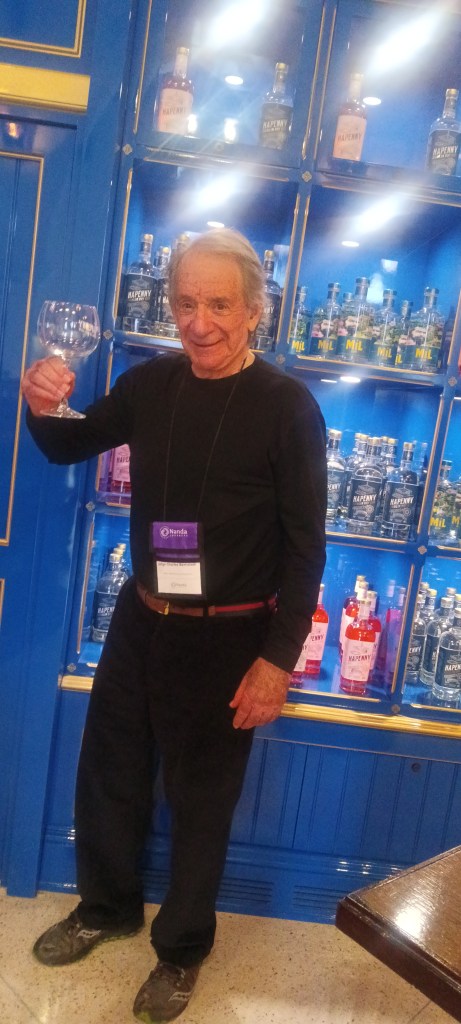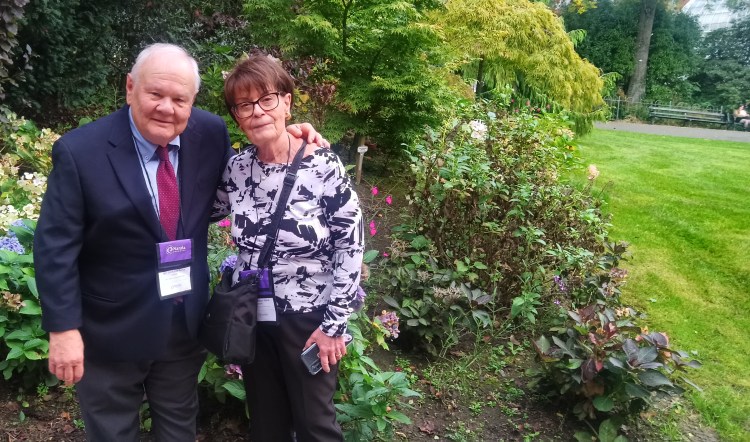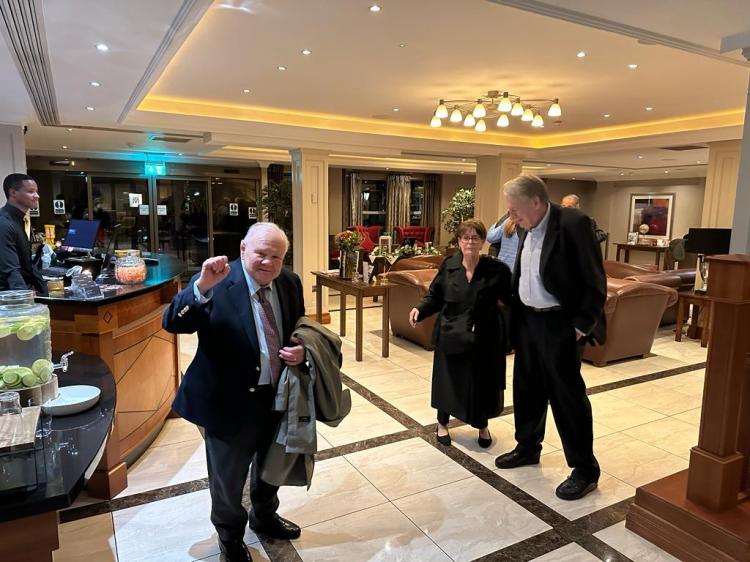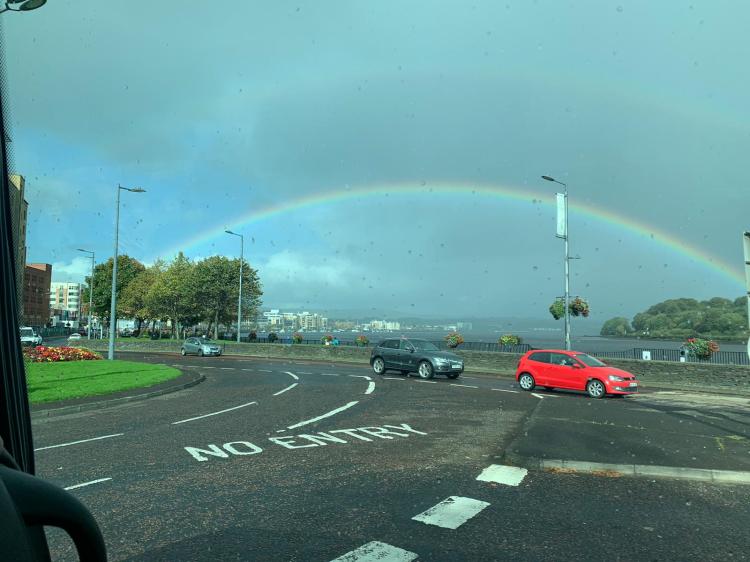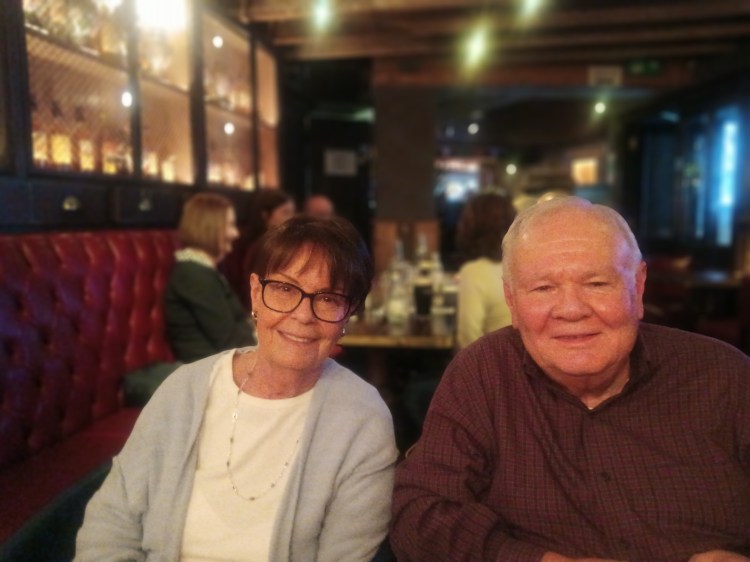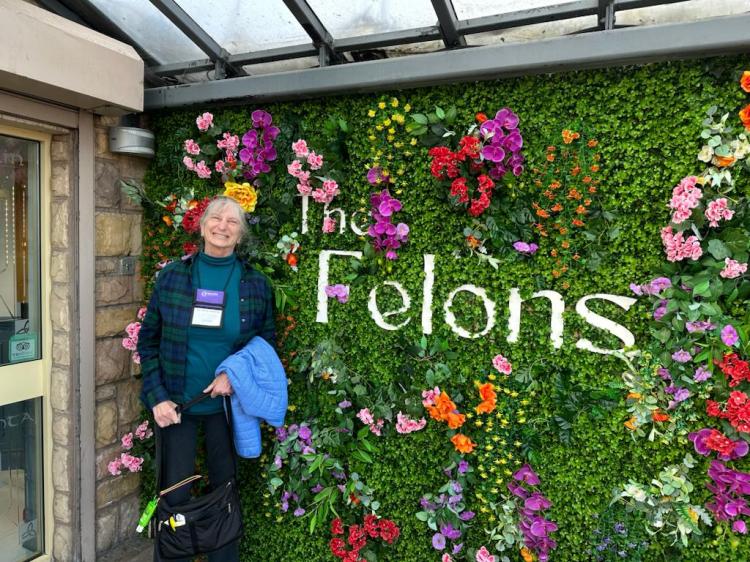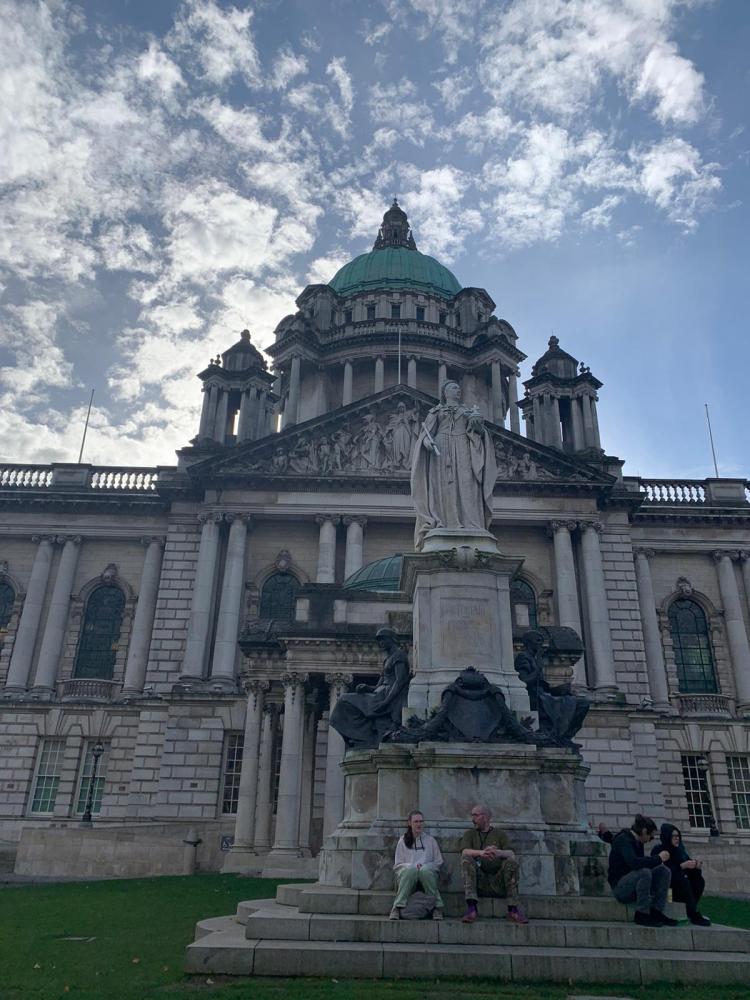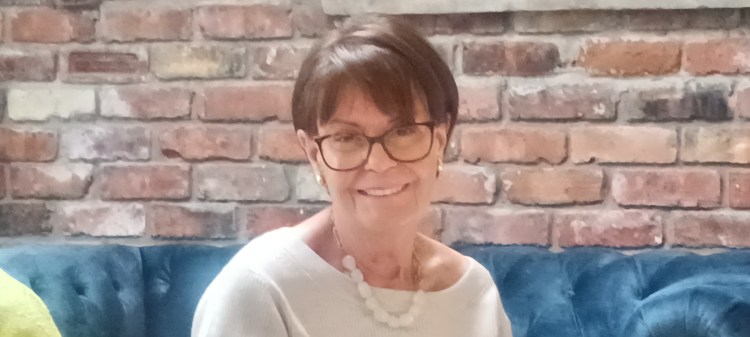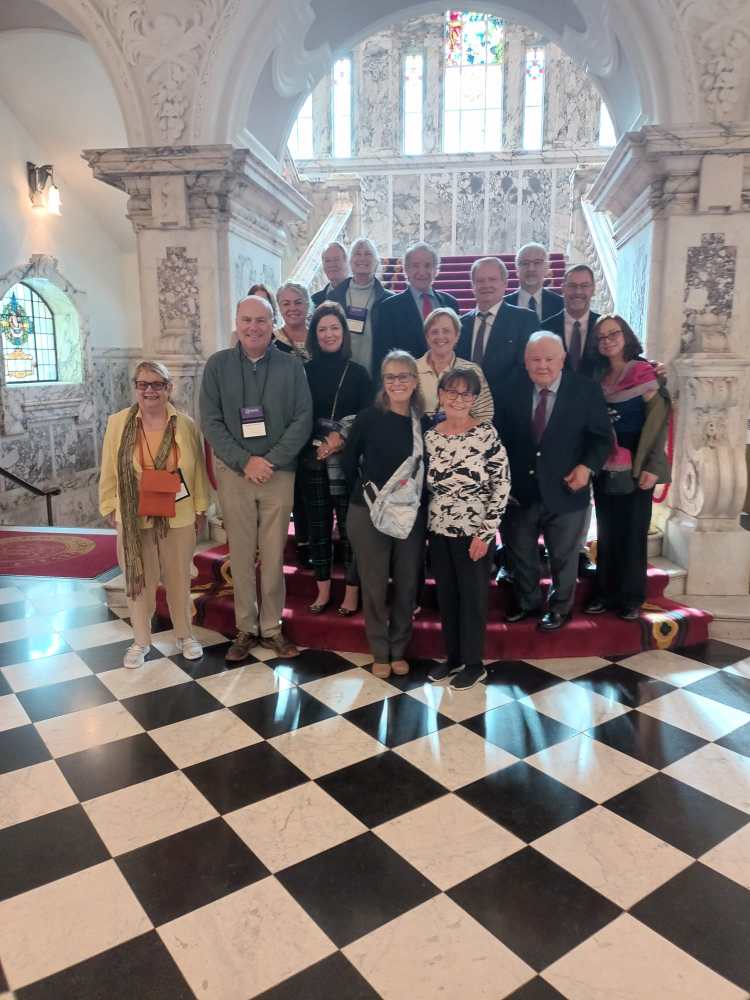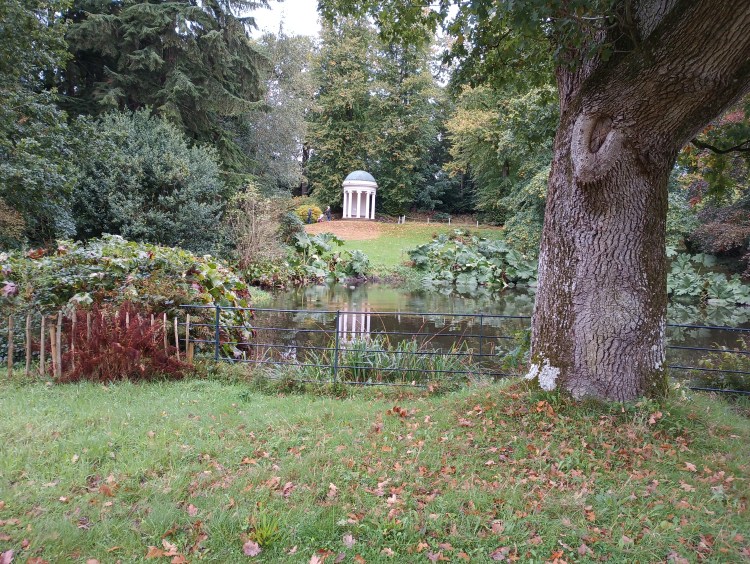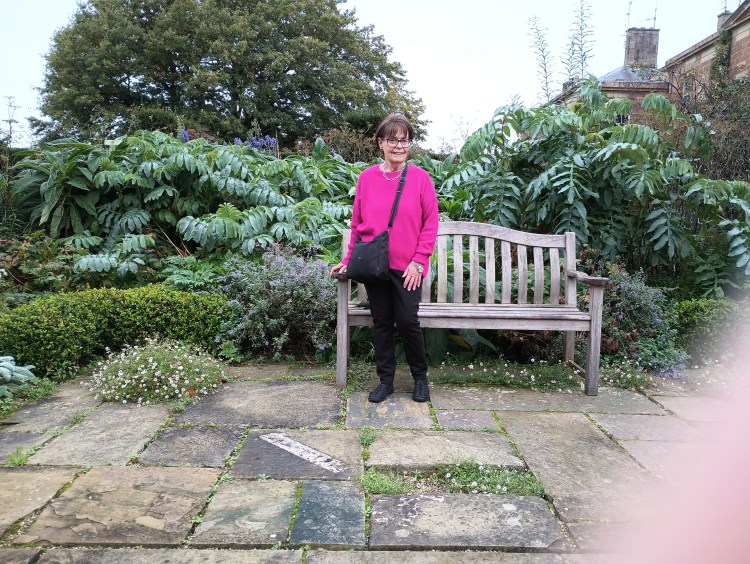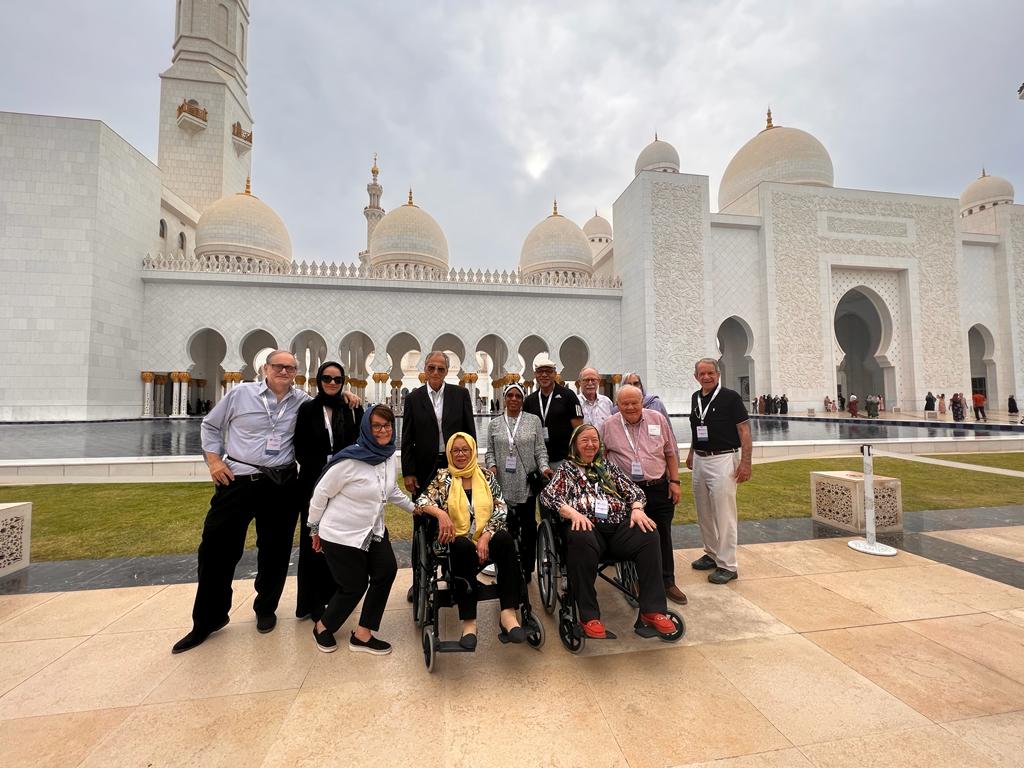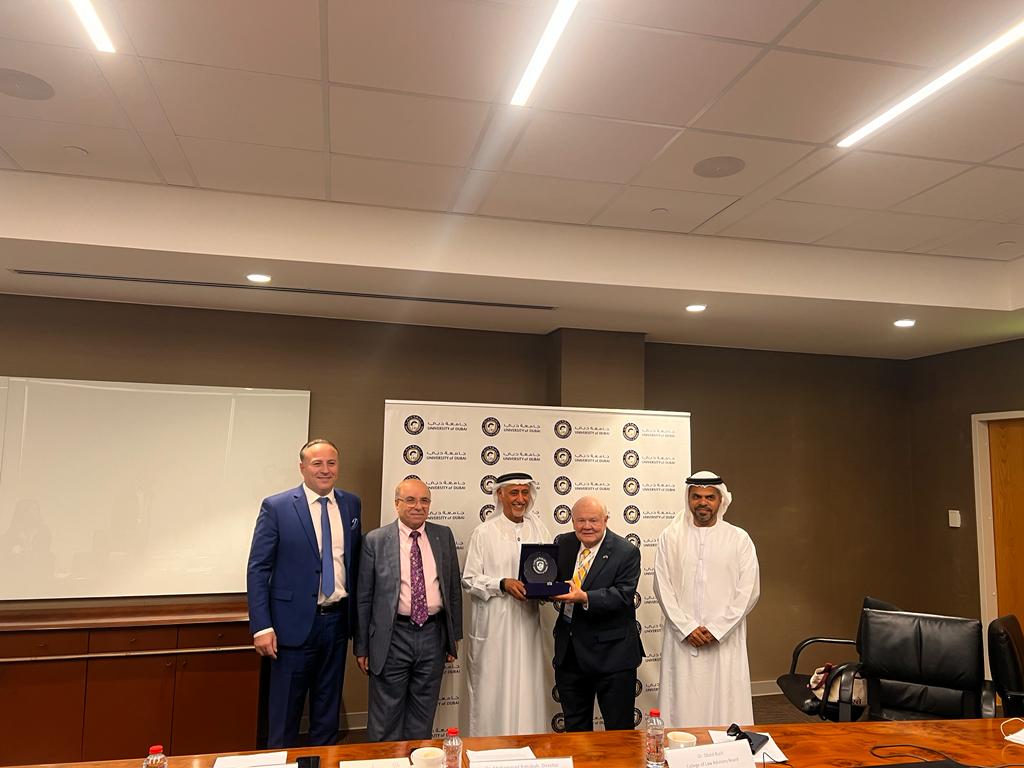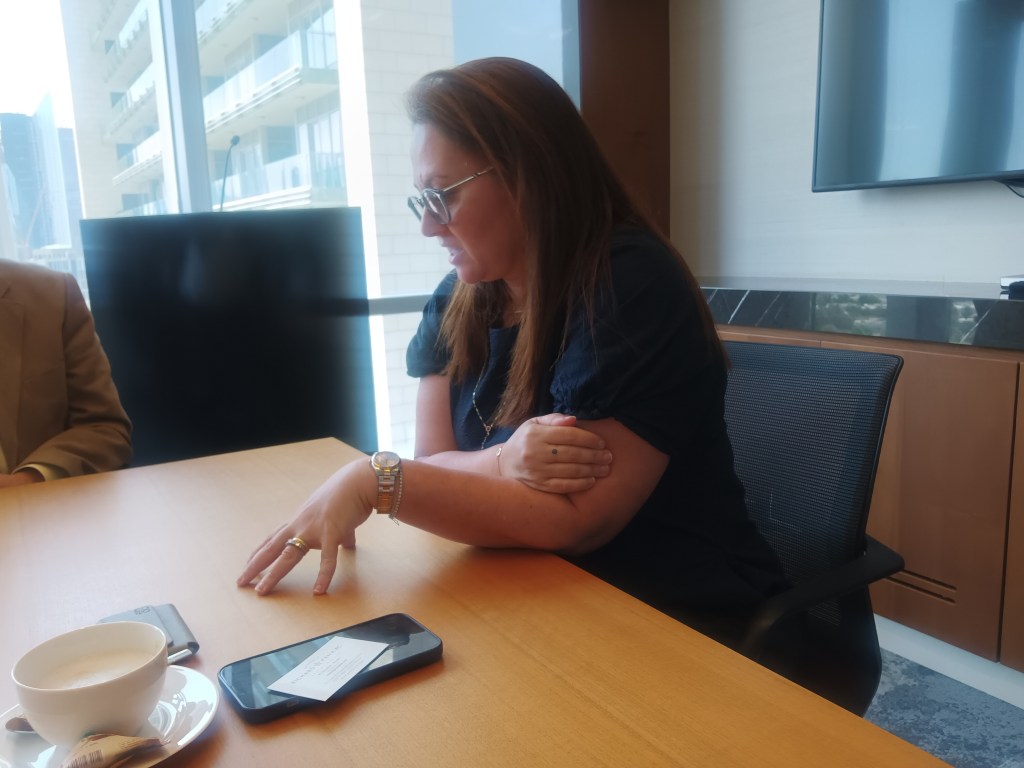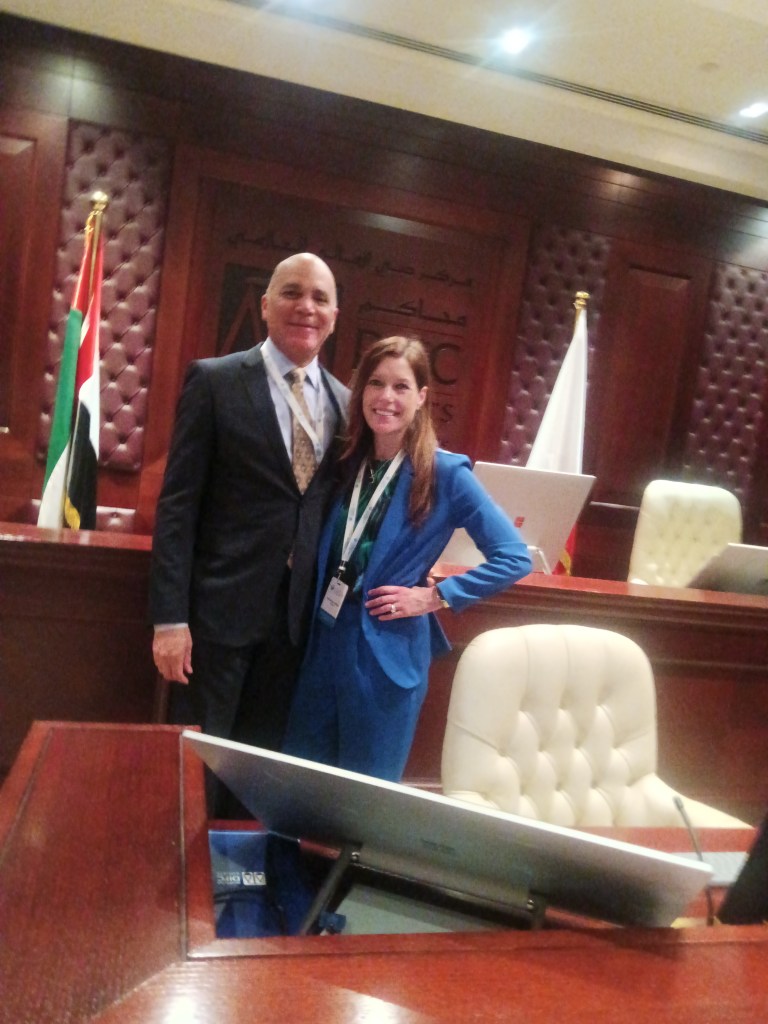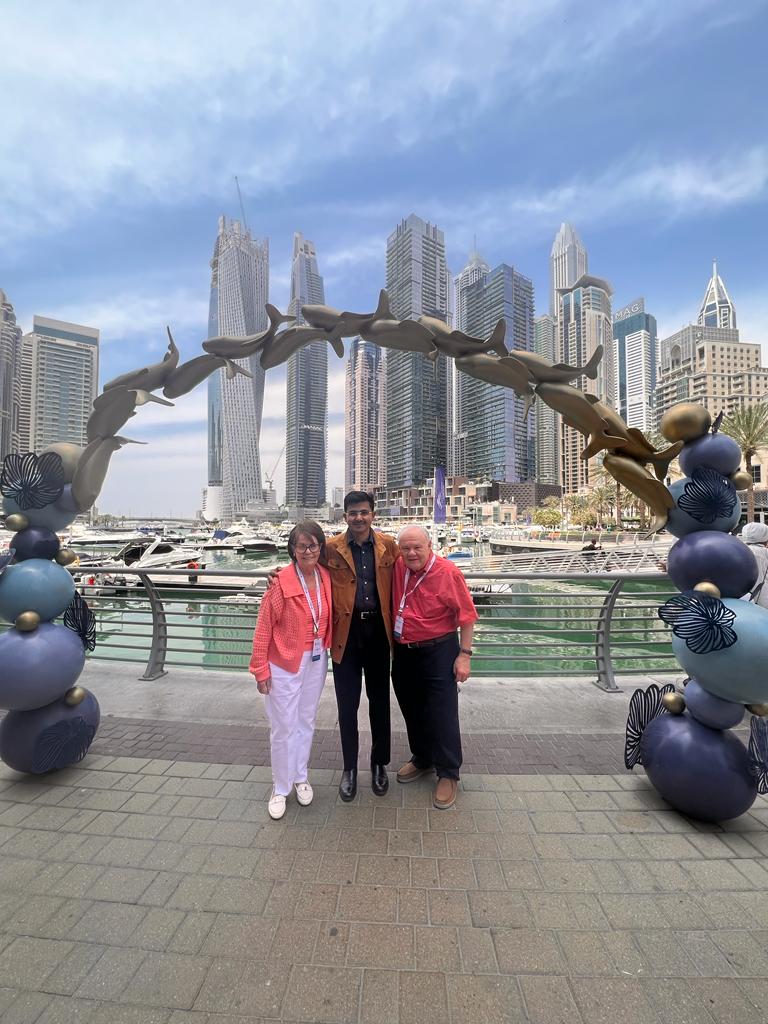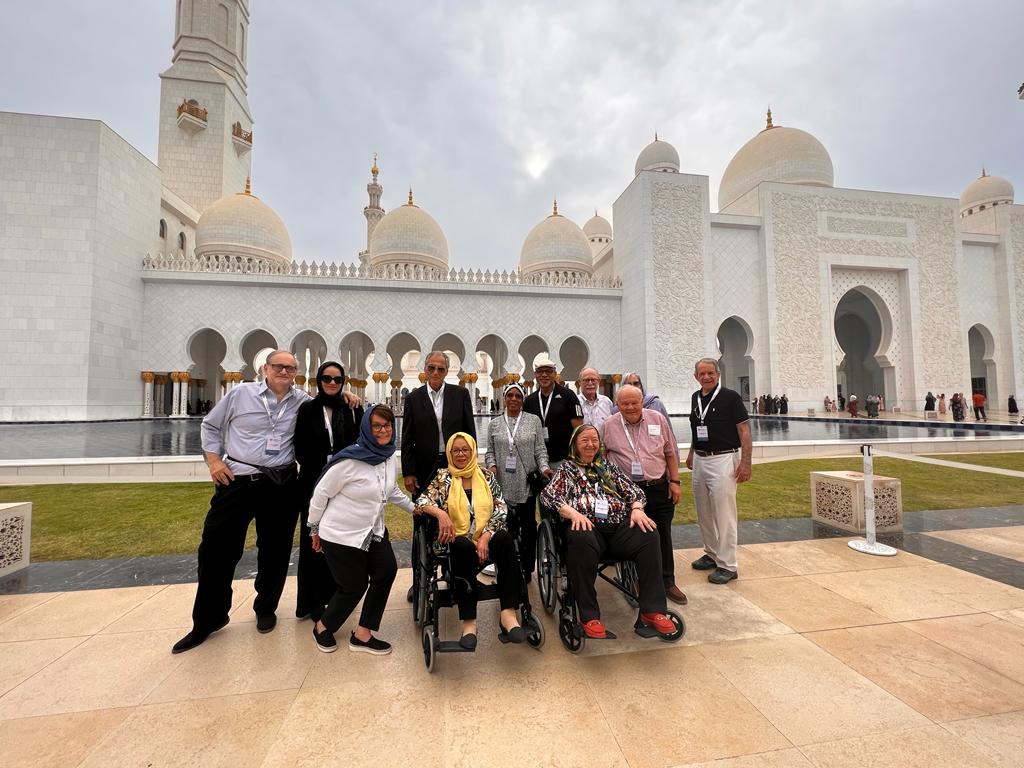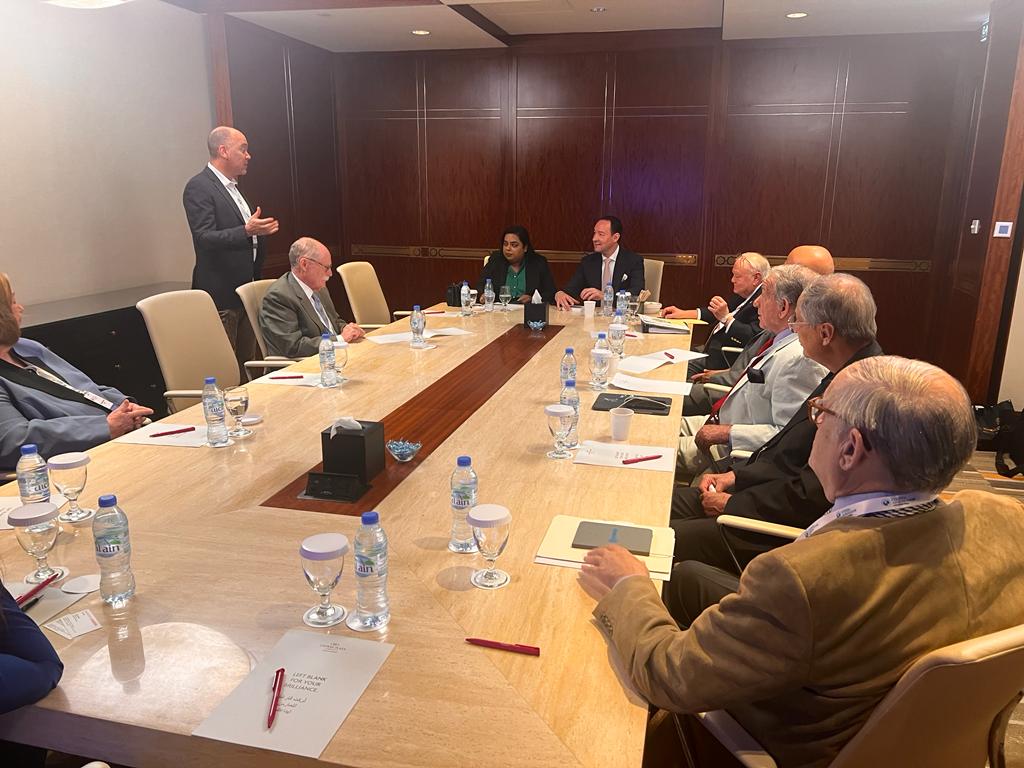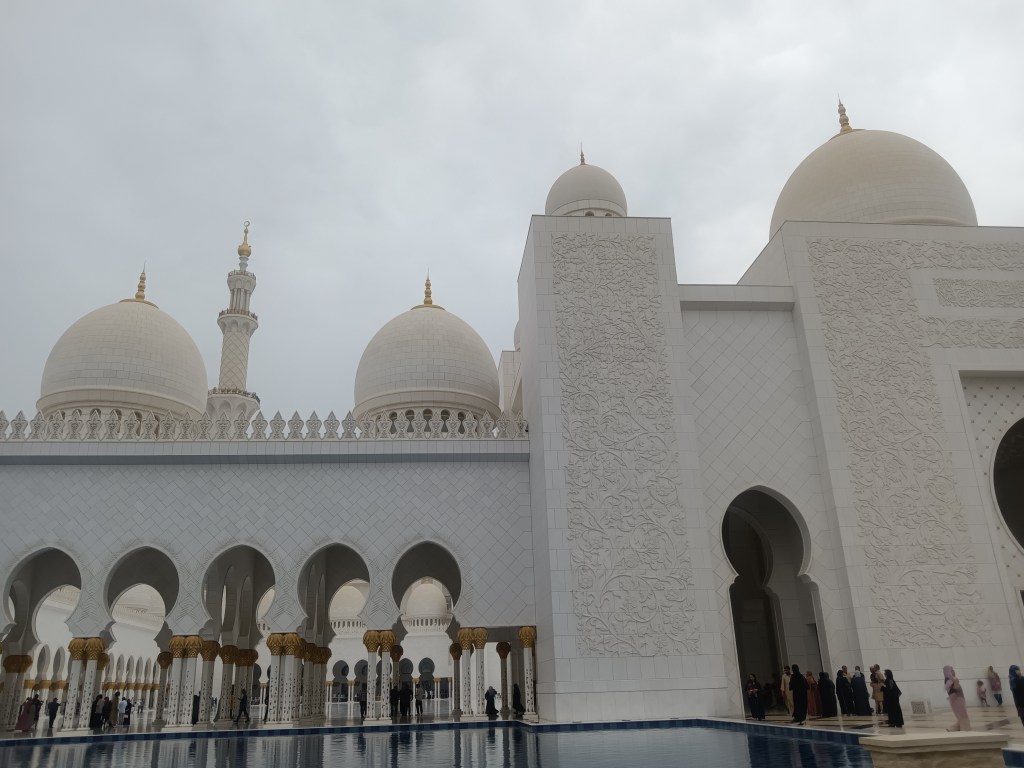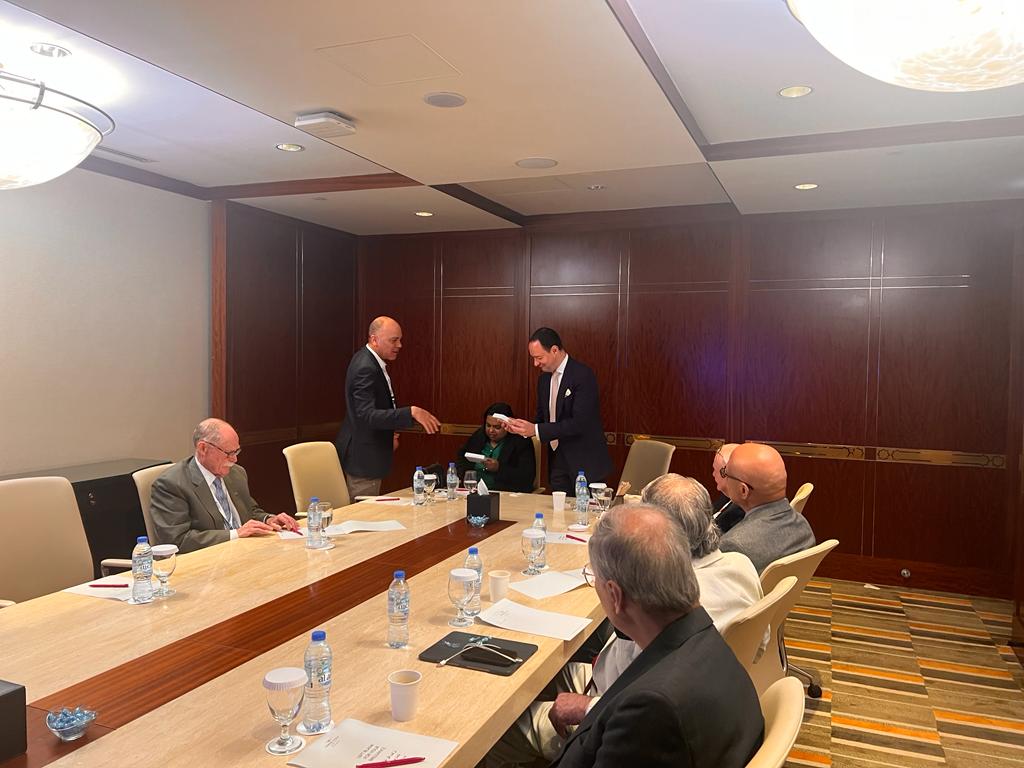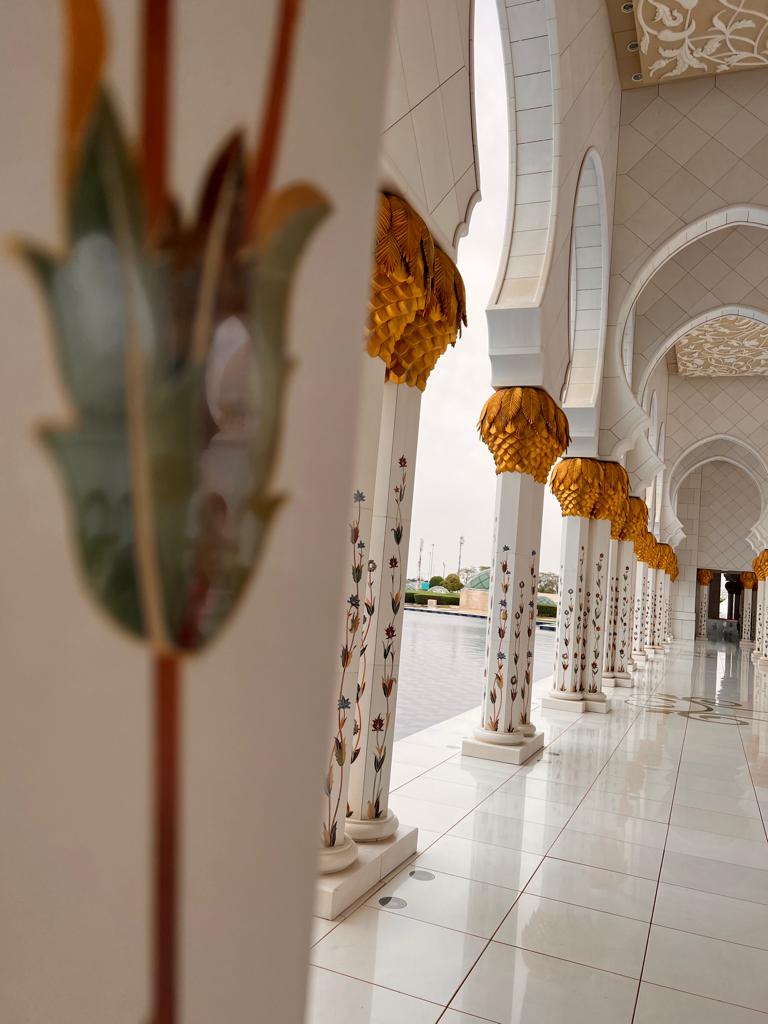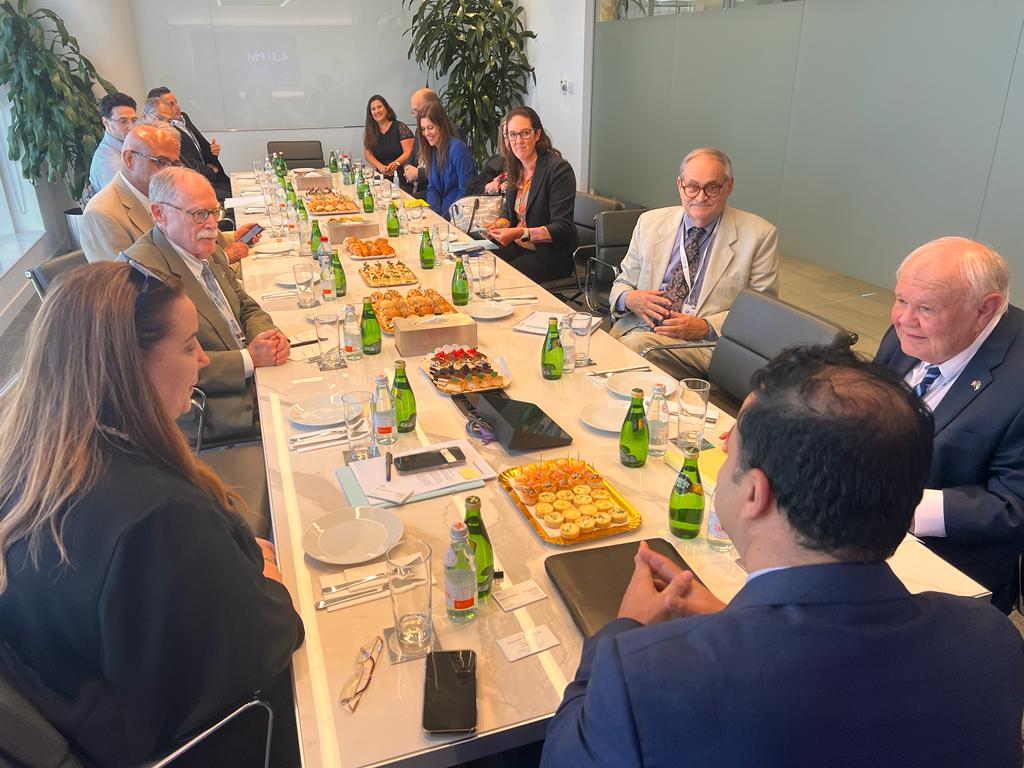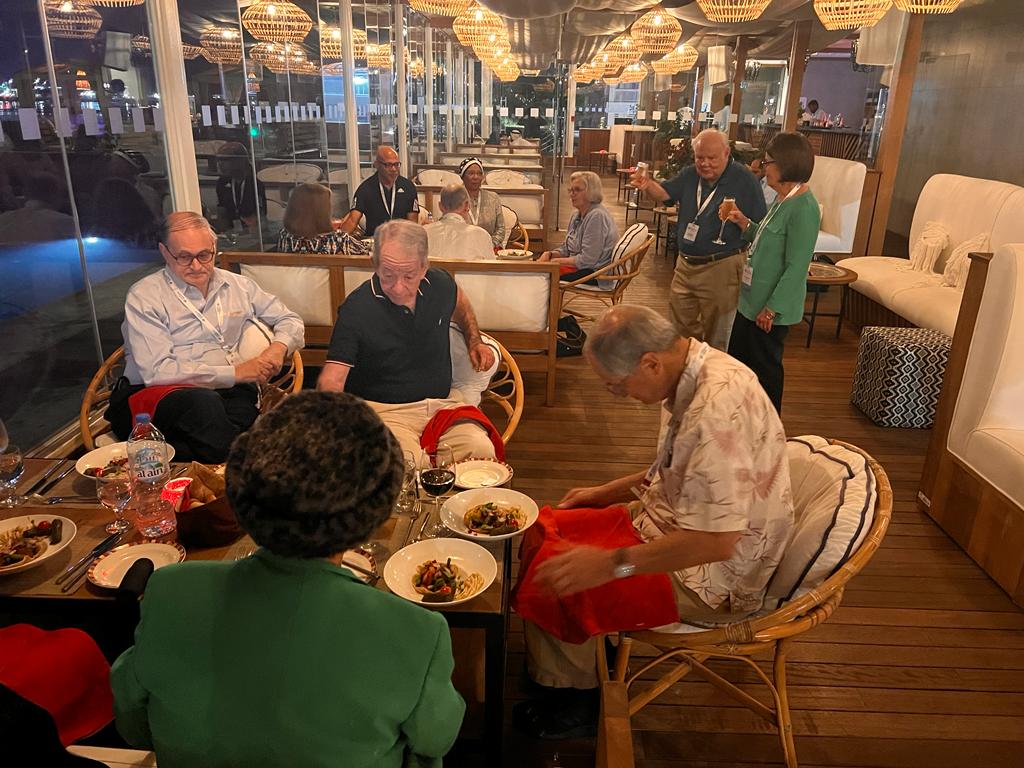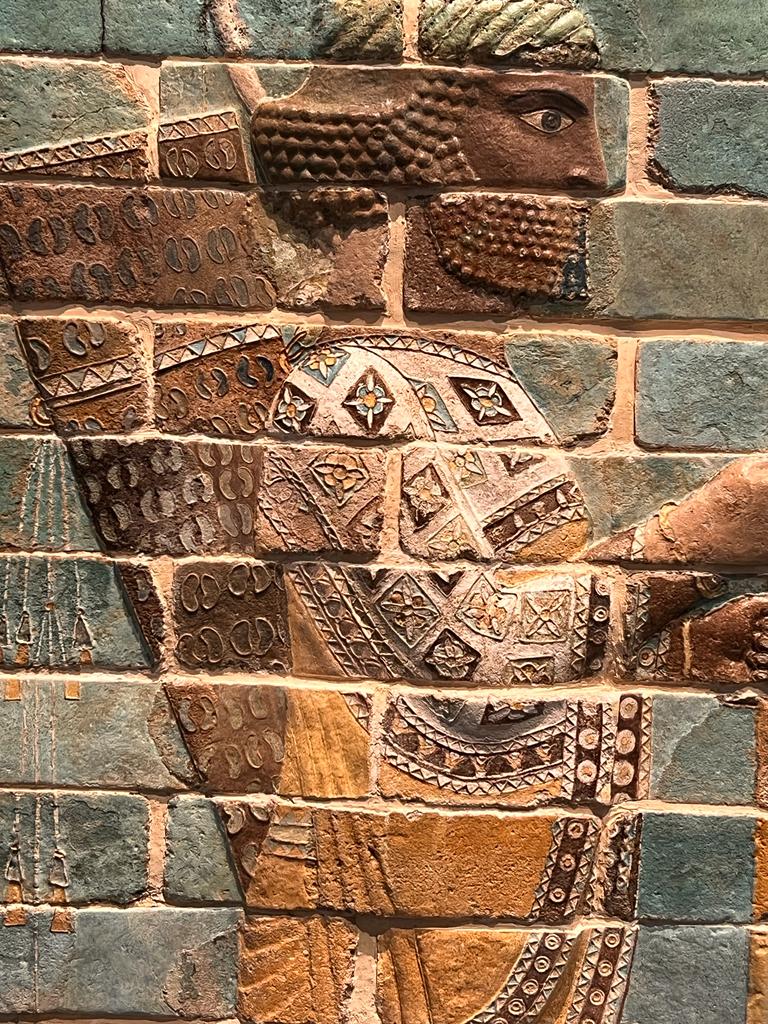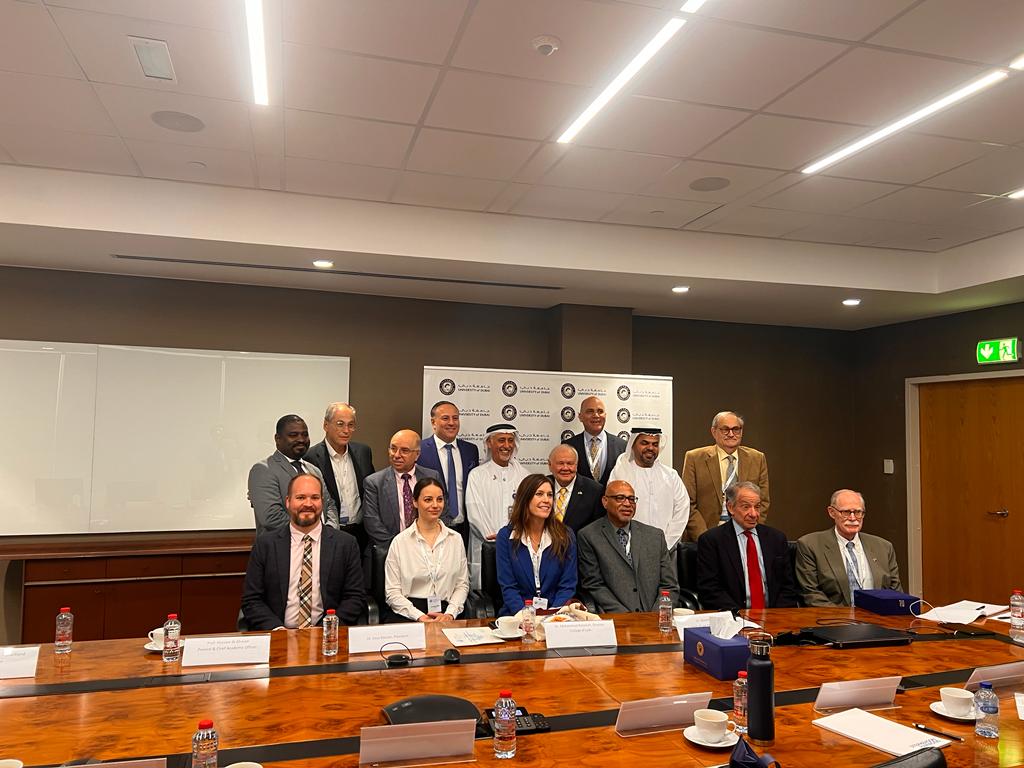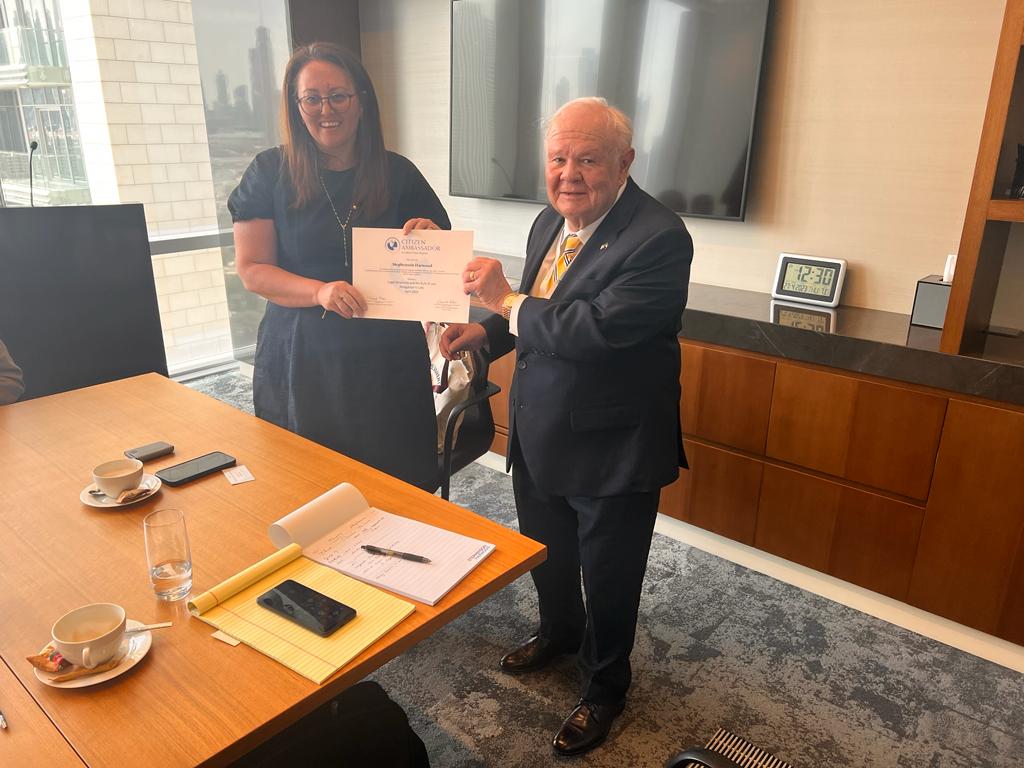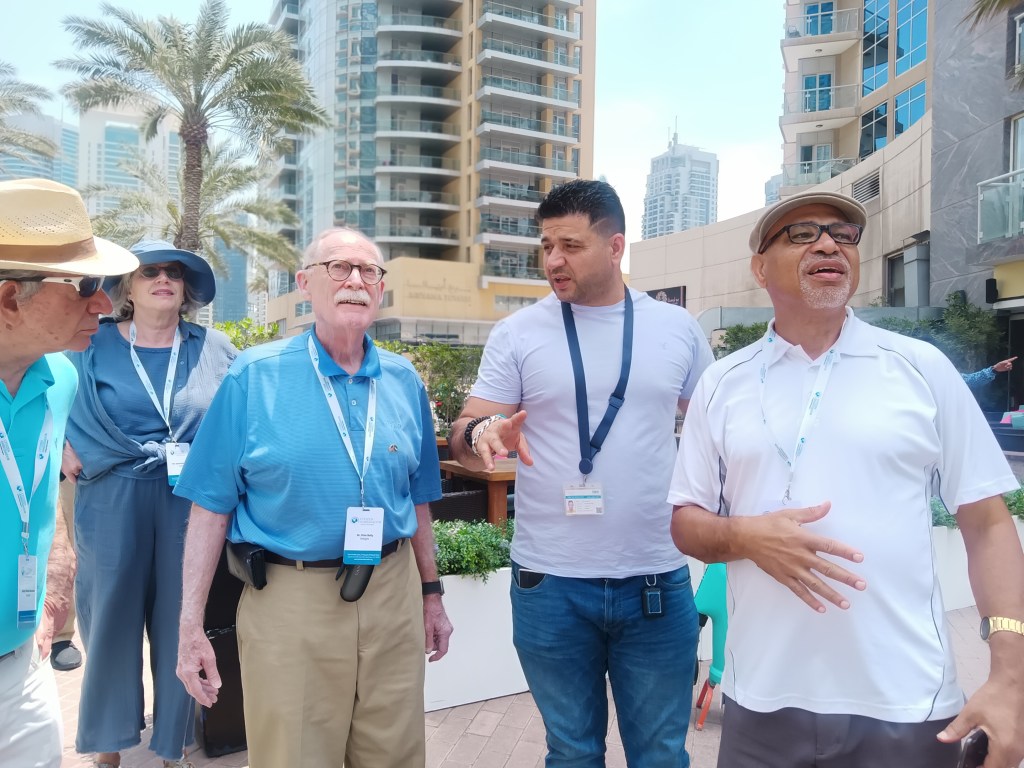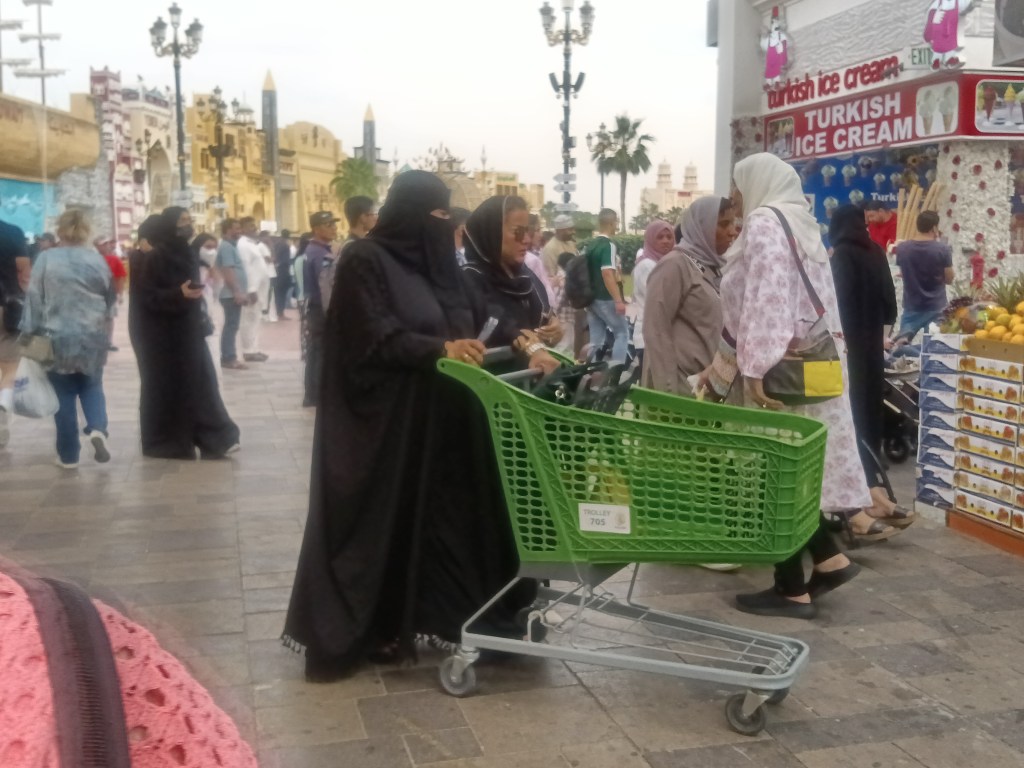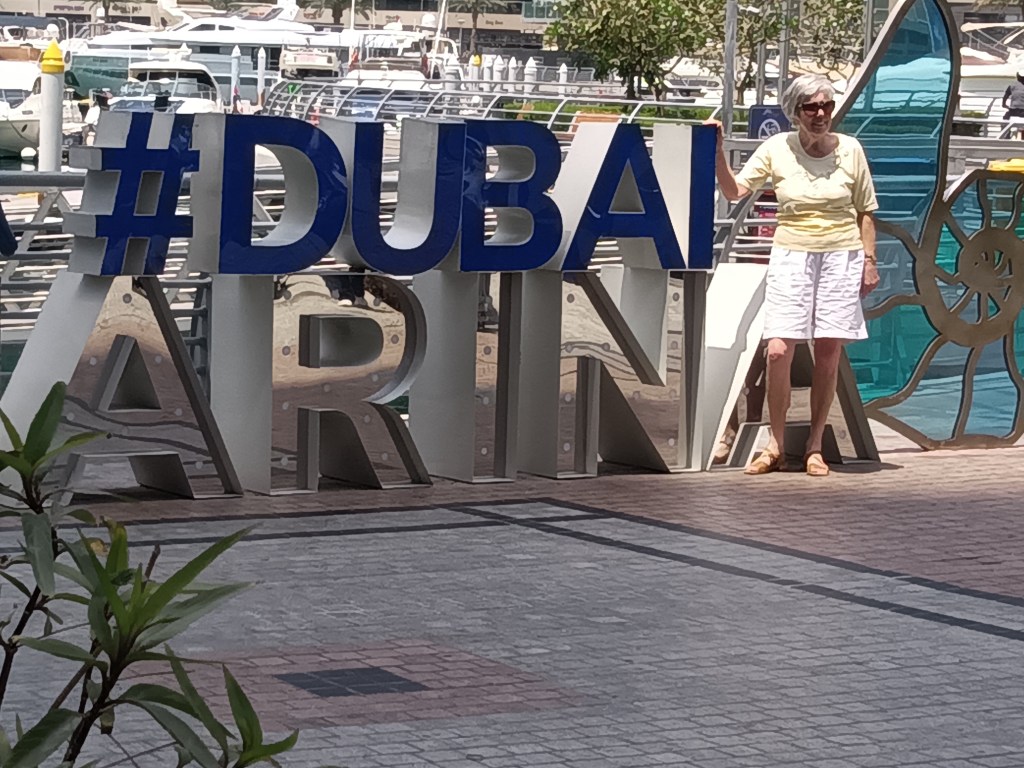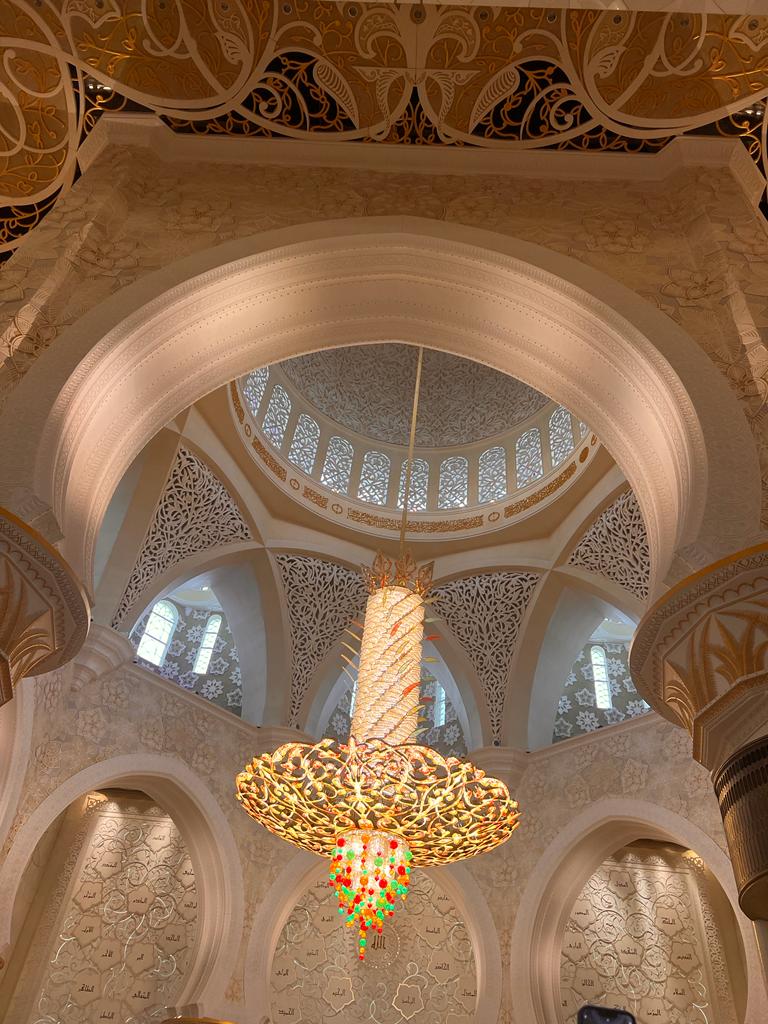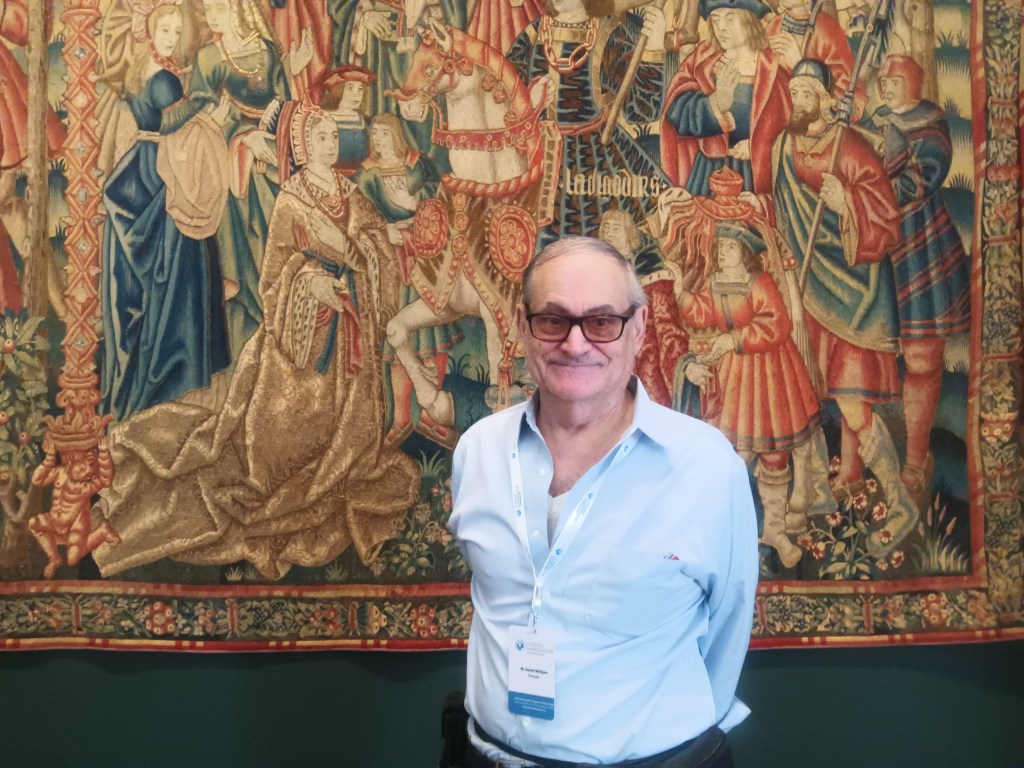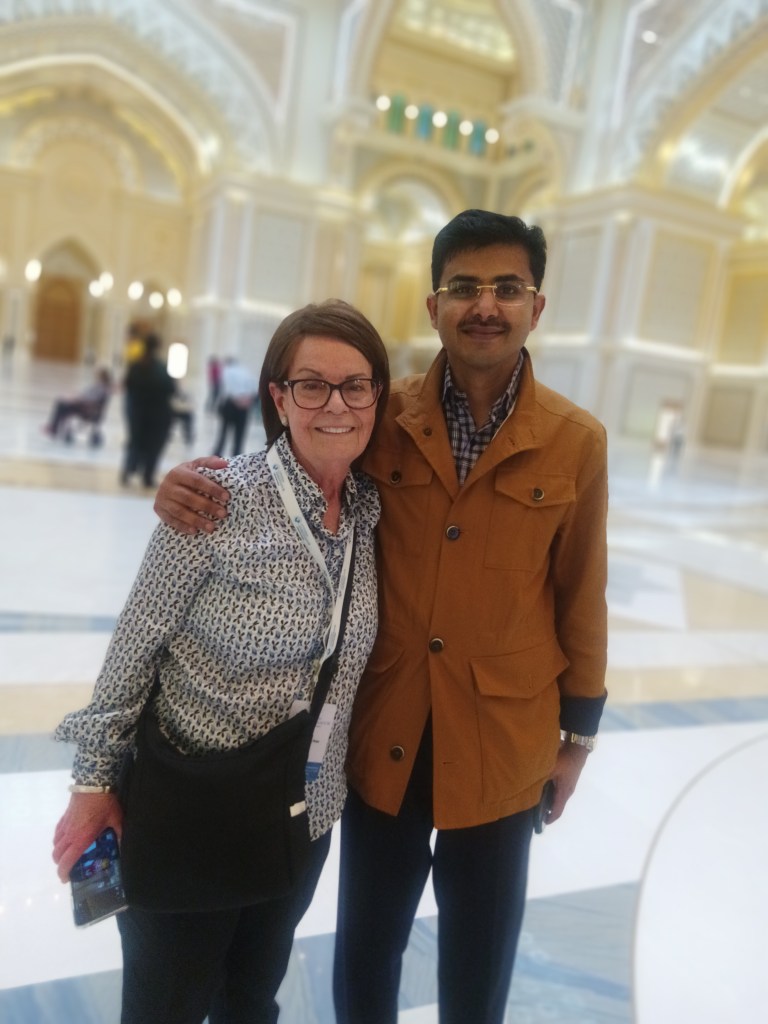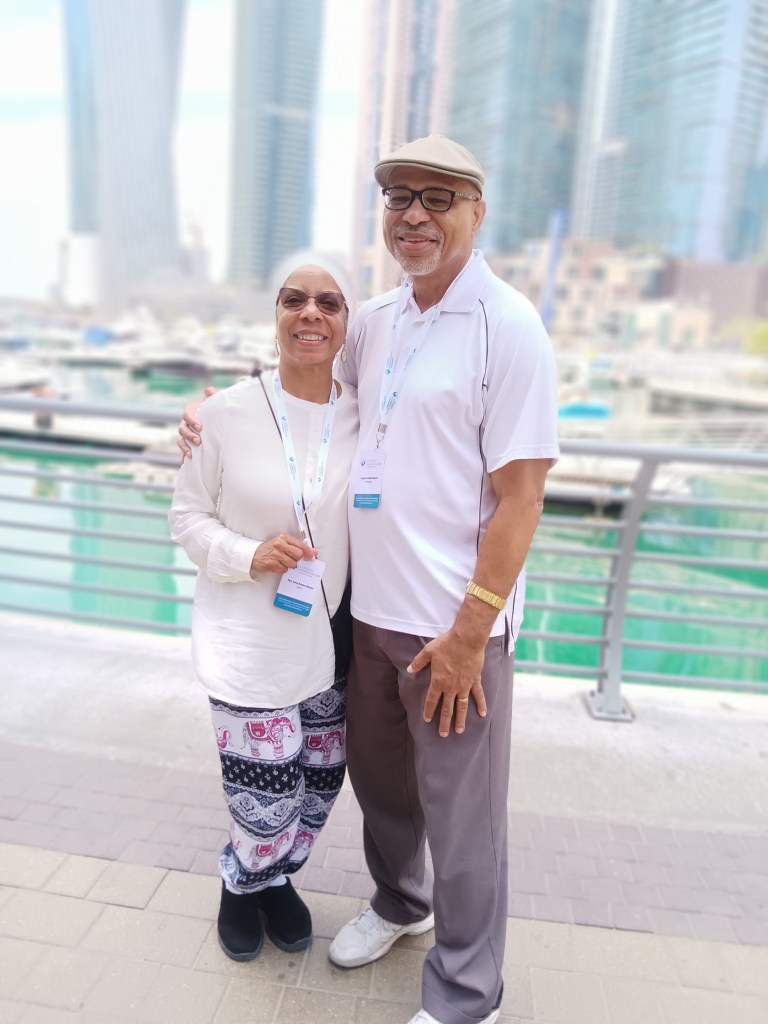

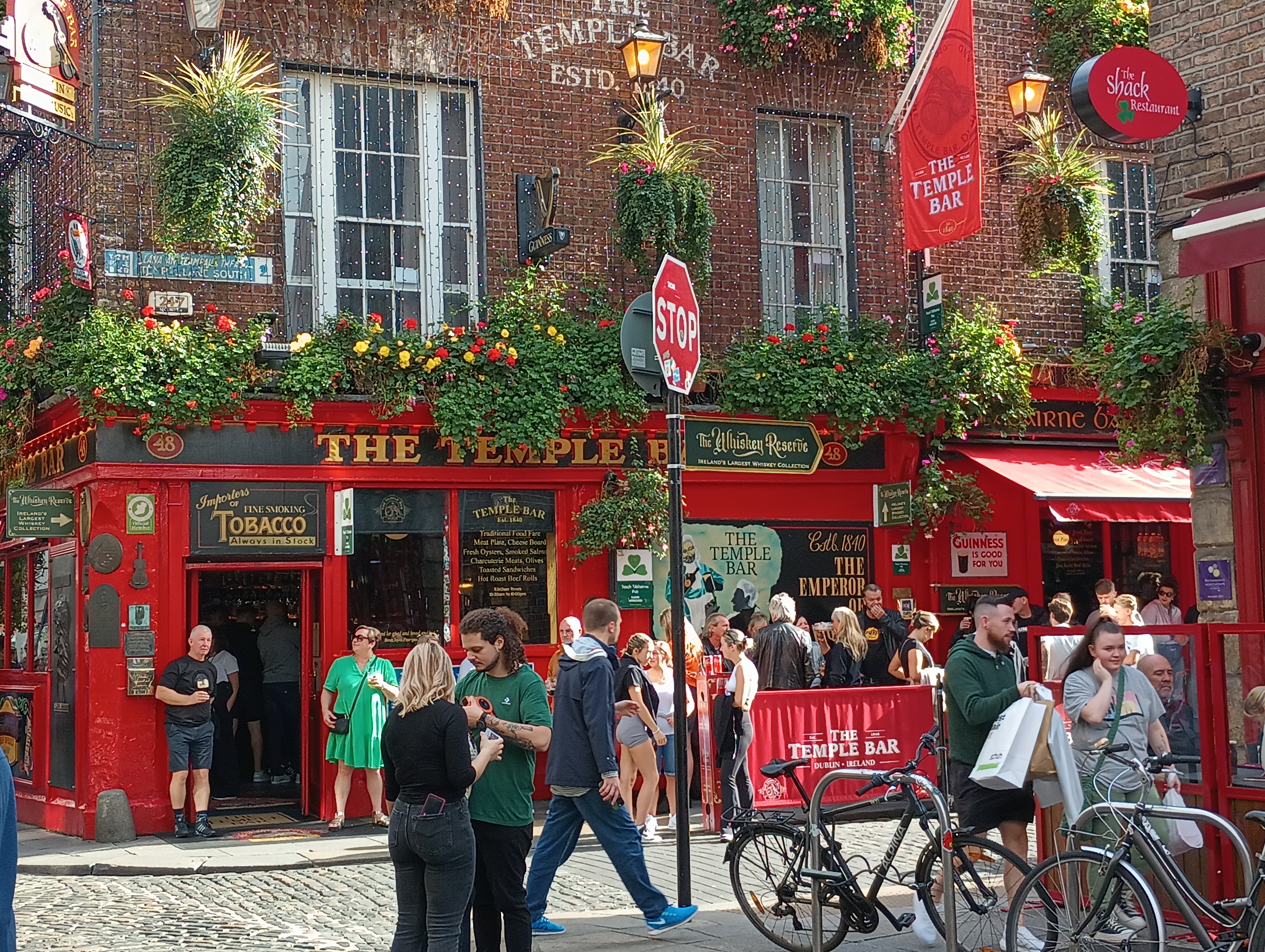

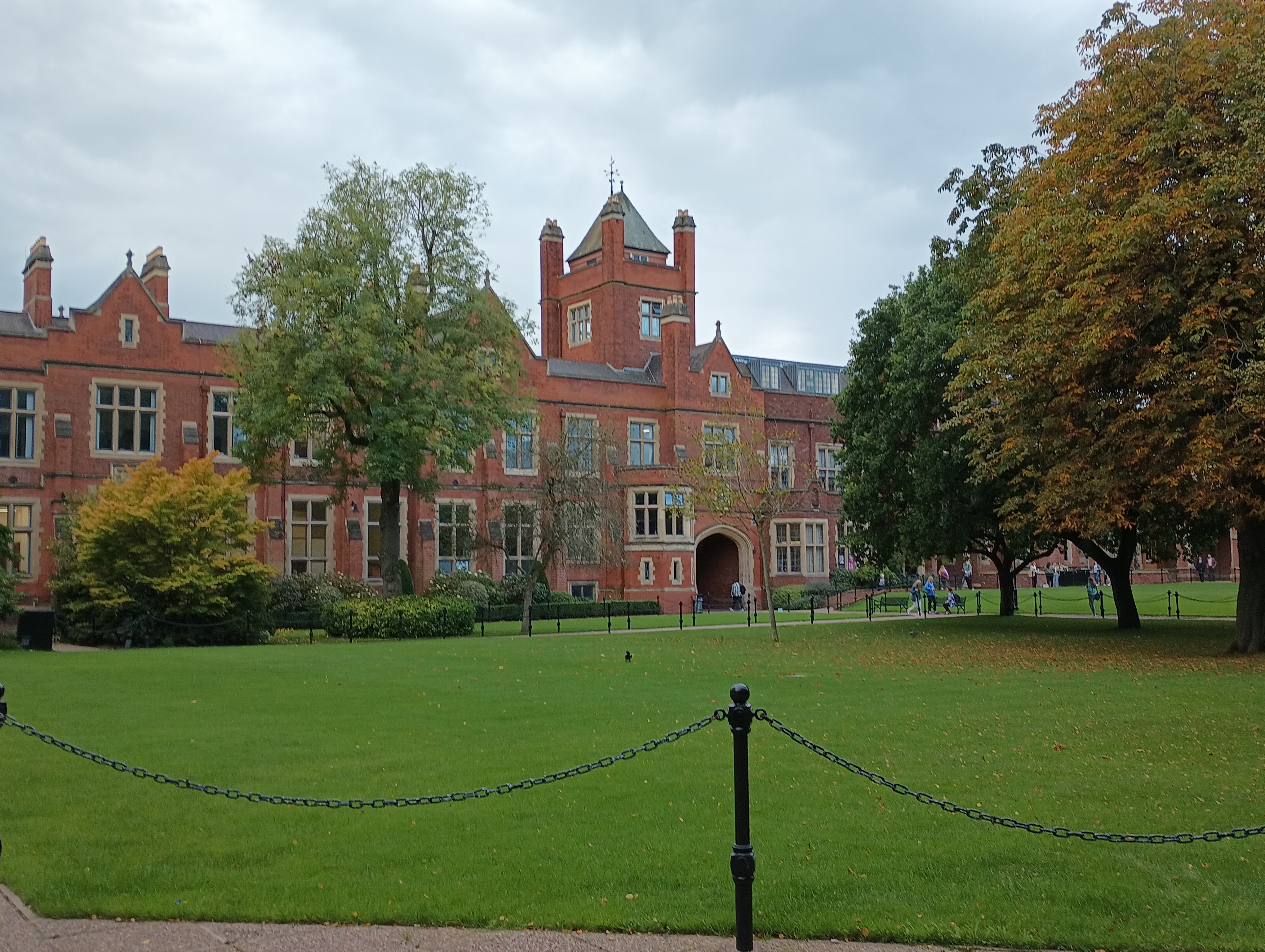
I was pleased to lead a delegation of sixteen (16) lawyers and guests who traveled to Ireland at a unique time in its history with the goal of strengthening and supporting the bonds between the legal communities of the United States and Ireland. We had a particular focus of discussing the conflicts Ireland has endured and the conflict resolution process that brought about the current delicate peace. The road to peace, we found, was very difficult and paved with animosity, dislike, violence, and bloodshed.
We went to discover the truth about this conflict, and in the end made large strides towards that goal. After a 30-year conflict, referred to as the Troubles, Northern Ireland and the Republic of Ireland arrived at the Good Friday Agreement on April 10, 1998. This Agreement effectively stopped the violent 30-year conflict between the two sides. The goal of the “unionists” was to remain part of the United Kingdom. This territory is referred to as Northern Ireland and is still mostly Protestant. The goal of the “nationalists,” also known as “republicans,” was to become part of the independent Republic of Ireland which was mostly Catholic. However, we found that this was not a religious conflict but rather one of national identity and territorial belonging. We found that the violence was carried out mainly by paramilitary forces, security forces, and British soldiers on behalf of the unionists, and the IRA on behalf of the nationalists. We were witnesses to the deep feelings still harbored by both sides. Killings during the Troubles exceeded 3,600 and it is estimated that at least 50,000 people were physically injured or maimed. We were told that the Good Friday Agreement was brokered primarily by U.S. Senator George Mitchell, President Bill Clinton, and British Prime Minister Tony Blair, and took 2 years of negotiations. This Agreement stopped the violence but not the deep feelings, resentment, and even hatred on both sides. Our delegation concluded that it may take another generation for these feelings to subside.
We found Ireland to be a beautiful country and now understand why it is called the Emerald Island. We began our journey in Dublin, then went to Belfast and Derry. We found these cities to be treasures with open, caring people who have suffered much and who welcomed us warmly. We met with Irish people going about their every day lives, lawyers, policymakers, law school professors, bar association leaders, nuns who were witnesses to the Good Friday Agreement, members of parliament, and combatants of the Troubles from both sides who had served time in prison for their actions during the Troubles. We learned about the roles of the IRA (Irish Republican Army) and the British security forces such as the British Army in the conflicts and about the numerous ceasefires and agreements as well as Bloody Sunday.
Along with our guests, we also took time to partake in the enduring culture of Ireland such as having a traditional Irish bread-making session at Tracy’s Farmhouse, and the scenic tours of Belfast and Dublin. The guests enjoyed a visit to the Titanic Museum and were shown how the Titanic was made. They had high tea and much more. The entire trip was magical and memorable to all of us that went. One delegate wrote, “…thank you for the rich experience of hearing and witnessing people’s truths as told from their hearts and perspectives. So enjoyed sharing this experience with all the delegates. What a great group of people.”
Among the events that especially stand out in my mind are the meetings with the president of the Law Society of Northern Ireland, the professors at Queens University Belfast School of Law, Martina Purdy and Elaine Kelly–the 2 nuns with firsthand experiences of the Troubles and Good Friday Agreement–as well as the members of the Legislature at the Parliament of Northern Ireland, the panel discussion with the leading civil rights lawyer in Ireland, Padraig O’ Muirigh, along with a member of the legislature who was a political prisoner and a former British soldier and with the energetic professors at Queens University School of Law. Of course, we were all moved during our walk along Peace Wall which divides the nationalist and unionist areas in Belfast and we were told that the wall brings security to the residence and helps prevent flare-ups of violence by the two sides.
Our delegation traveled to Ireland at a historic time as the House of Commons in London had just passed a highly controversial Bill referred to as the Legacy and Reconciliation Bill. This Bill has done what nothing else has done as it has united both Protestants and Catholics against it. It puts an end to justice for the families of those killed during the Troubles as it prohibits legal remedies for wrongs done on both sides. Currently, there are 1,800 unsolved Troubles related deaths in Northern Ireland including 1,400 pending police investigations. Instead of judicial accountability, an independent commission will be formed which can provide conditional immunity to perpetrators who step forward and offer self-incriminating evidence. A victims rights group has been quoted as saying it will let people get away with murder–on both sides. Emotions are high over the passage of the Bill, and contrary to the stated purpose, it does little to put the past behind the Irish people. I questioned a proponent of the Bill about the apparent lack of justice in the bill.
Ireland has many faces and, underneath it all, genuine, caring people who have suffered much and are struggling with putting the past behind them. Everyone we talked to said they do not want to go back to how it was and are very mindful of the delicate peace. Ireland is a beautify and complex Country. We accomplished our goals, but there are still many other faces of Ireland to explore.
Special thanks goes to the wonderful delegates who were excellent representatives of our legal community, to my co-leader Carolyn Malley Pena, and a special thanks to Nanda Journeys who did an outstanding job in arranging meetings and coordinated our adventure to Ireland.


